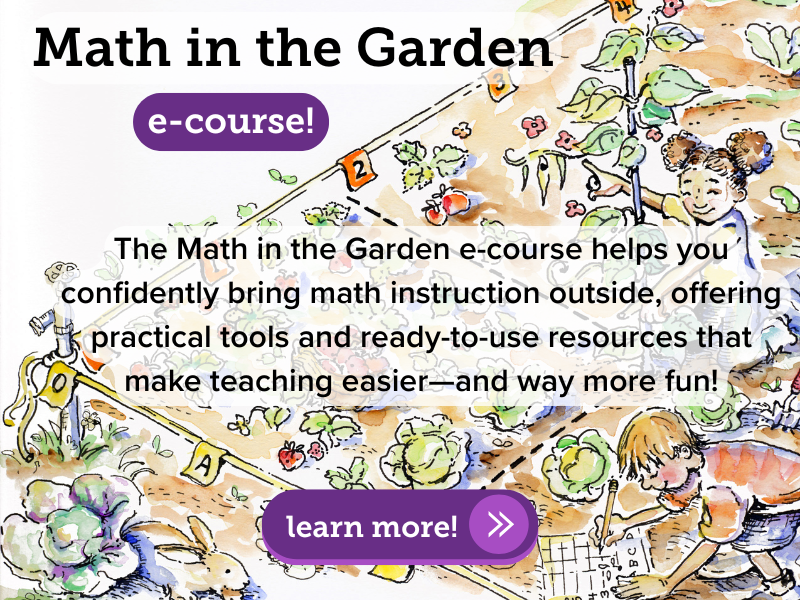Materials:
- Fruits and vegetables that rely on pollinators
- Other ingredients as needed
- Cooking utensils as needed
- Craft items for decoration
Instructions
- Pollination by bees, hummingbirds, moths, bats, butterflies, flies, and beetles ensures the continued existence of millions of plant species — and, in turn, of most animal species, including humans. According to the Pollinator Partnership, one of every three mouthfuls of our food depends on a pollinator! However, their importance extends far beyond just helping to feed us:
- An estimated 75% to 95% of all flowering plants on Earth need help with pollination.
- Pollinators contribute 217 billion dollars to the global economy.
- Unfortunately, studies show that many pollinator populations are in decline. This is due to a wide range of issues, including loss of habitat, use of pesticides in agriculture, disease, and climate change. Creating awareness about the important role pollinators play in our world is a great first step toward encouraging the support of policies and practices to help protect them. One way to do this is to host a Pollinator Celebration Meal for your family and friends.
- Begin planning your menu by selecting pollinator-assisted food crops. This list includes more than just plants that have edible fruits and seeds. Remember that even if the fruits are not the part of the plant that is consumed, if pollinators were not around to help them produce more seeds, then the plants would quickly die out and disappear from our diets.
- Here are some common fruits and vegetables to consider: almonds, apples, apricots, avocados, bananas, beans beets, blackberries, blueberries, broccoli, cabbage, carrots, cauliflower, cherries, chocolate, coconut, cranberries, cucumbers, eggplant, figs, grapes, grapefruit, kiwi, lemons, limes, mangos, melons, okra, onions, oranges, papaya, peach, pear, peppers, plums, pumpkin, raspberries, squash, strawberries, tangerines, tomatoes, turnips.
- In addition to these main ingredients, there are many herbs, spices, plant-based oils, and other familiar ingredients that also rely on pollinators for reproduction. Consider using some of these to enhance your meal: anise, cardamom, coriander, nutmeg, peppermint, sesame seeds, sugar cane, sunflower oil, and vanilla.
- After choosing the ingredients you want to highlight, search for family recipes or new recipes to prepare. Let your young gardeners help select the dishes.
- If you have the space and capacity, invite family and friends to join the celebration! Design and create invitations to hand out, requesting RSVPs so you know how many will attend and can plan accordingly.
- Decorate for your celebration. Make placemats by laminating collages made from pictures of pollinators, such as bees, birds, butterflies, bats, moths, flies, and beetles. Make a pollinator garland to hang from the ceiling or light fixtures. Buy balloons featuring pictures or shapes of pollinators. Make your own costumes and plan pollinator games (check out “Be a Bee” for inspiration).
- Gather necessary ingredients and prepare the meal.
- Enjoy your delicious food and express your gratitude! At mealtime, make sure to take a moment to thank the pollinators who helped prepare your food.



